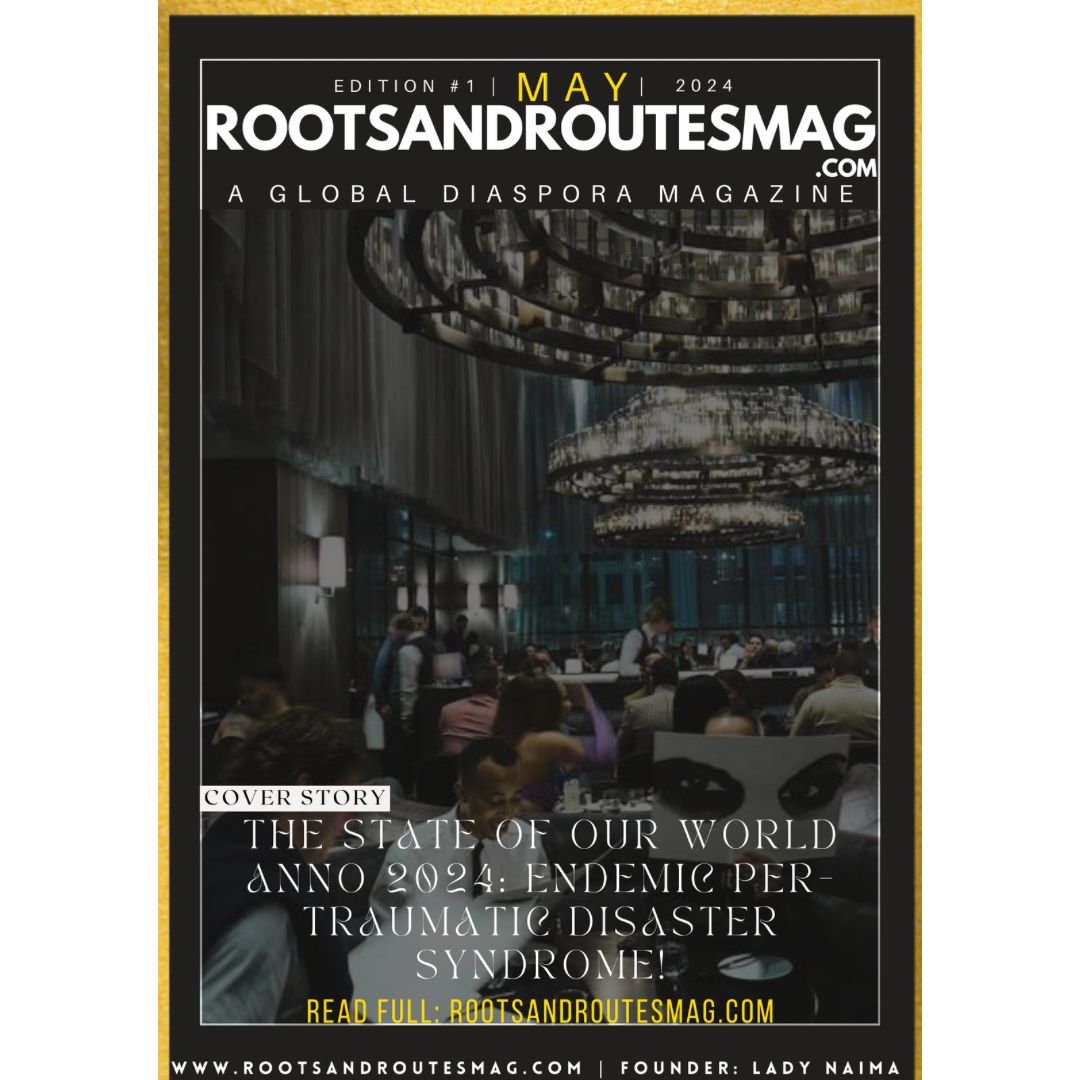Community Building in the Digital Age

In an era where technology permeates every aspect of our lives, community building has undergone a significant transformation. The digital age has redefined how we connect, communicate, and collaborate, offering new opportunities and challenges for fostering a sense of belonging. This article explores the dynamics of community building in the digital landscape, highlighting the tools, strategies, and impacts of this evolution.
The Evolution of Community Building
Traditionally, communities were defined by geographic proximity and face-to-face interactions. Neighborhoods, schools, and workplaces served as the primary hubs of communal life. However, the advent of the internet and social media has expanded the concept of community beyond physical boundaries. Today, communities can form around shared interests, goals, and identities, connecting individuals from all corners of the globe.
Digital Tools for Community Building
- Social Media Platforms: Social media platforms like Facebook, Twitter, and Instagram have become central to modern community building. These platforms allow users to create and join groups, participate in discussions, and share content. Hashtags and trending topics enable the rapid formation of communities around specific events or interests.
- Online Forums and Discussion Boards: Platforms like Reddit and specialized forums provide spaces for in-depth discussions and niche communities. These forums often foster strong bonds among members through shared knowledge and experiences.
- Messaging Apps and Platforms: Apps like WhatsApp, Discord, and Slack facilitate real-time communication and collaboration. They are particularly popular for organizing community projects, coordinating events, and maintaining ongoing conversations.
- Virtual Events and Webinars: The rise of virtual events and webinars has enabled communities to gather and interact in real-time despite geographical barriers. Platforms like Zoom and Microsoft Teams have become indispensable tools for hosting workshops, conferences, and social gatherings.
- Crowdsourcing and Collaboration Platforms: Websites like Kickstarter, GoFundMe, and GitHub highlight the power of collective action and collaboration in the digital age. These platforms enable communities to fund projects, support causes, and develop software collaboratively.
Strategies for Effective Digital Community Building
- Clear Purpose and Vision: Successful digital communities are often built around a clear purpose and shared vision. Whether it’s supporting a social cause, promoting a hobby, or fostering professional development, having a defined goal helps attract and retain members.
- Engagement and Interaction: Active engagement is crucial for sustaining a digital community. Regular updates, interactive content, and responsive communication encourage participation and build a sense of belonging.
- Inclusivity and Diversity: Embracing inclusivity and diversity ensures that community members feel valued and respected. Diverse perspectives enrich discussions and strengthen the community’s fabric.
- Creating Value: Providing valuable content and resources keeps community members interested and engaged. This could include informative articles, expert talks, exclusive events, or practical tools.
- Fostering Trust and Safety: Ensuring a safe and respectful environment is essential for any community. Clear guidelines, active moderation, and addressing issues promptly help build trust among members.
The Impact of Digital Communities
- Social Support and Mental Health: Digital communities can offer critical social support, reducing feelings of isolation and loneliness. Online support groups for various health conditions, mental health issues, and life challenges provide a lifeline for many individuals.
- Empowerment and Advocacy: Digital platforms empower individuals to raise awareness and advocate for causes. Movements like #MeToo and Black Lives Matter have demonstrated the profound impact of online communities in driving social change.
- Innovation and Collaboration: Communities centered around innovation and collaboration, such as open-source software groups, exemplify how collective intelligence can lead to significant advancements. These communities harness the diverse skills and ideas of their members to solve problems and create new technologies.
- Economic Opportunities: Digital communities can also foster economic opportunities through networking, mentoring, and collaboration. Entrepreneurial communities, freelance networks, and online marketplaces enable individuals to connect with potential clients, partners, and investors.
Challenges of Digital Community Building
Despite the benefits, building and sustaining digital communities comes with challenges. Issues such as digital divide, online harassment, misinformation, and privacy concerns can hinder community development. Addressing these challenges requires thoughtful design, robust policies, and continuous efforts to create inclusive and safe digital spaces.
Conclusion
Community building in the digital age offers unparalleled opportunities to connect, collaborate, and create meaningful relationships across vast distances. By leveraging digital tools and adopting effective strategies, we can build vibrant, supportive, and impactful communities. As we navigate this digital landscape, the emphasis on inclusivity, engagement, and trust will be key to fostering a sense of belonging and collective purpose in our increasingly interconnected world.

Tariq Riaz is a passionate web developer and content generation expert.









